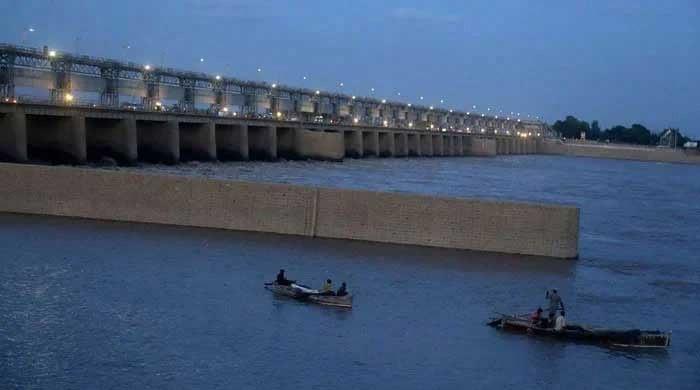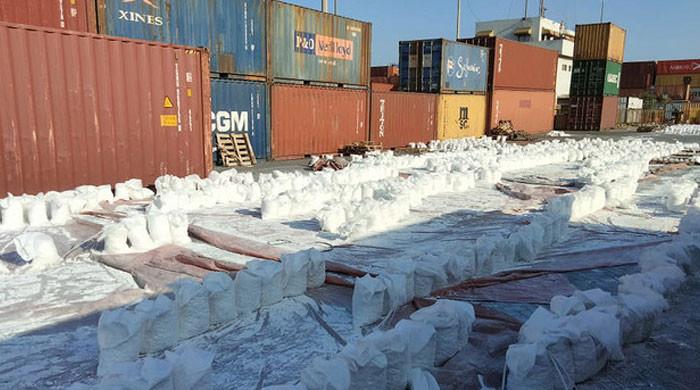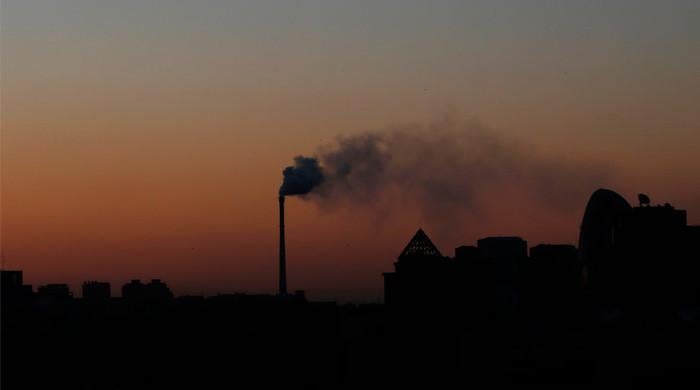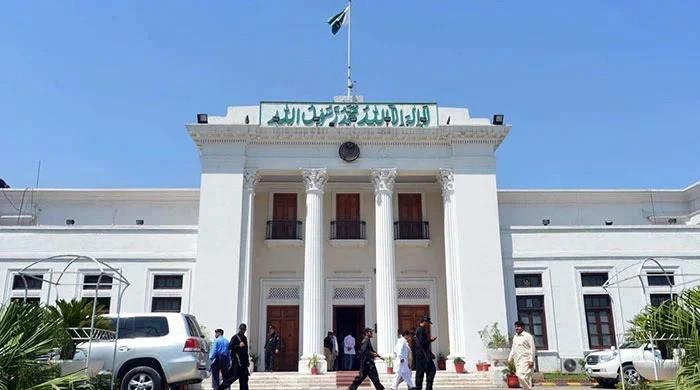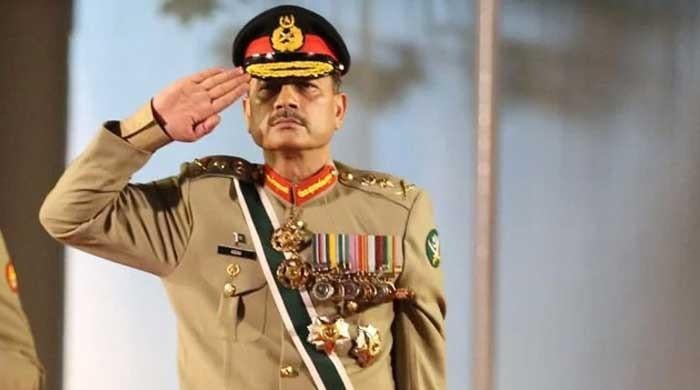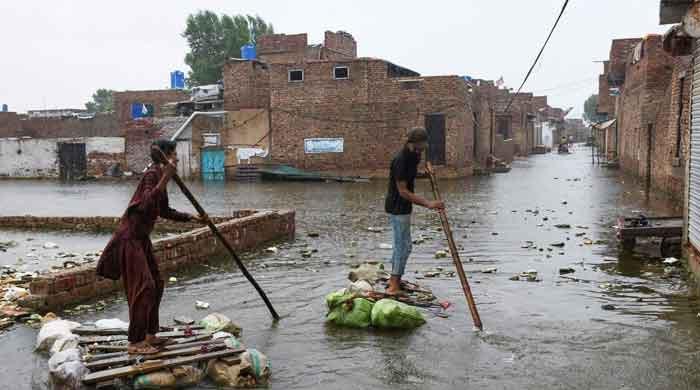An alliance failed: What is next for the opposition parties?
Not an alliance, but a Charter of Democracy may be on the cards for the opposition
March 27, 2019
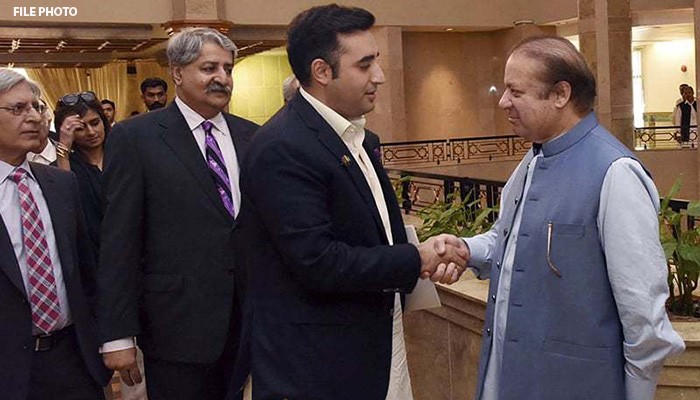
Eight months in, and it has been smooth sailing for the Pakistan Tehreek-e-Insaf (PTI) government. Well, at least in terms of a threat from any grand opposition alliance.
Luckily for the PTI, the opposition is weak and fragmented. Further, it has missed its chances, several times. Since the July ballot, it has had ample opportunities to forge an alliance. On almost every occasion disgruntled political leaders put their heads together to think of ways that may rock the newly-elected PTI government. But the internal rifts dwarfed their united cause.
Yet, this month, there was again talk of an alliance between the two major political parties – the Pakistan Muslim League-N (PML-N) and the Pakistan Peoples Party (PPP). The chatter began after the PPP chairman, Bilawal Bhutto Zardari, met the former prime minister Nawaz Sharif in jail.
The political parley was viewed as a watershed moment for the PPP and the PML-N relationship. It was the first interaction between the top leadership of both mainstream parties after the 2018 polls. Smaller parties, like the Jamaat-e-Islami-F (JUI-F) pinned their hopes on the outcome. But there was none to look forward too. The PPP quickly stated that the meeting was to only inquire about Sharif’s health and had no political connotations.
So, what is stalling the process? The main problem is that the parties- big and small – cannot agree on a single agenda or come to a common ground.
“Alliances are neither made under compulsion nor on popular demand,” Chaudhry Manzoor Ahmed, the PPP’s secretary general, told Geo.tv, “They take shape in due process with unanimity and maturity.” He further added that he did not think that the time was right for a grand alliance.
However, within and outside the parliament, the opposition has united on several issues, Ahmed added. “The opposition and the government have staged joint walk-outs whenever needed.”
That may be true. The two political parties, at least, agree on these issues: election rigging, how the National Accountability Bureau (NAB) is being used for political victimization, and the economic situation of the country.
Pakistan’s history is replete with historic alliances. Take the Pakistan National Alliance (PNA) of the 1970s or the Movement for the Restoration of Democracy (MRD) in the 1980s or the Islami Jamhoori Ittehad and finally the Grand Democratic Alliance (GDA).
Keeping with tradition, the Pakistan Alliance for Free and Fair Elections (PAFFE) emerged on August 4, 2018. The eleven-party alliance included the PML-N, PPP, Awami National Party (ANP), the Pakhtunkhwa Milli Awami Party (PkMAP), the National Party (NP) and the Muttahida Majlis-i-Amal (MMA).
But the PAFFE died soon after it began. The senior leadership of the PML-N and PPP termed it just an attempt instead of a formal alliance.
After the PAFFE miscarriage, a move to form fresh alliances made the headlines when a meeting was held between the PPP co-chairperson, Asif Ali Zardari, and the JUI-F chief, Maulana Fazlur Rehman, last month in Karachi. In the meeting, it was decided to hold an All Parties Conference (APC) to thrash out a national unity plan, in case the country is in a state of war. That conference is yet to be held.
Still, Mushahid Ullah Khan, PML-N’s senator, is still hopeful. “Our efforts are not over,” he told Geo.tv. He further hinted that something big was going to happen in Punjab soon and it was “premature to say whether it may happen under the banner of an alliance or something else”. He then branded the Bilawal-Nawaz meeting politically significant as it revisited the Charter of Democracy (CoD) and gave serious thought to bringing more parties in the fold.
If not an alliance could another CoD be on the cards?
Khan is a senior journalist working as a special contributor for China Today.




